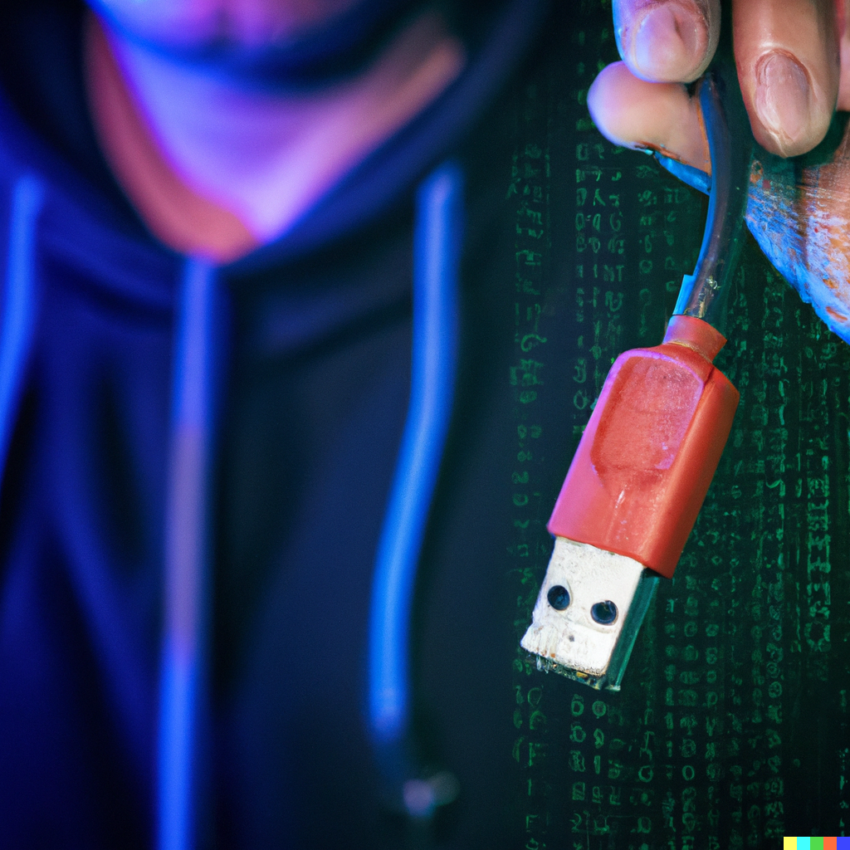In today’s fast-paced world, staying connected is more important than ever. As a result, public device chargers have become a common sight in airports, hotels, and shopping centers. They offer a convenient way to recharge our devices when we’re on the go. But did you know these chargers could expose your device to serious security risks? A recent tweet from the FBI warns against using these free charging stations, as cybercriminals can exploit them to introduce malware and monitoring software onto your devices. Instead, they recommend carrying your own charger and USB cord and using an electrical outlet.
Beware of “Juice Jacking”
“Juice jacking” is a relatively new term that describes a cyber attack where a hacker installs malware onto a public charging station, infecting devices that connect to it. This malware can be used to steal sensitive information, such as personal data, login credentials, or even financial details, without the device owner even realizing it. The stolen information can then be used for identity theft, spying, or other malicious activities.
Why Public Device Chargers Are Risky
At first glance, public device chargers may seem harmless. However, they pose several significant risks:
- Unregulated Hardware: Unlike the chargers you use at home, no central authority regulates public charging stations. This lack of oversight allows bad actors to tamper with the hardware or software, potentially introducing malware or monitoring tools.
- Easy Access for Hackers: Public charging stations are often found in high-traffic areas, making them an easy target for cybercriminals. Since these stations are accessible to anyone, it is simple for a hacker to install malware or modify a USB cable to compromise connected devices.
- False Sense of Security: Many people assume that public charging stations are safe, and they don’t think twice about connecting their devices to them. This false sense of security can lead to complacency, increasing the risk of falling victim to juice jacking.
How to Protect Yourself
Fortunately, there are steps you can take to protect your devices and personal information from the dangers of public device chargers:
- Bring Your Own Charger and USB Cord: The most effective way to avoid the risks associated with public charging stations is to carry your own charger and USB cord. By using your own equipment, you ensure that you are charging from a trusted source.
- Invest in a USB Data Blocker: USB data blockers, or “USB condoms,” are small devices that can be attached to your USB cable. They prevent data transfer by allowing only power to flow through the cable, ensuring that even if you connect to a compromised station, your device’s data remains safe.
- Keep Your Devices Updated: Regularly updating your device’s software and security features can help protect it from malware and other threats. Make sure to install the latest operating system updates, antivirus software, and security patches.
In conclusion, the convenience of public device chargers comes with hidden dangers that can compromise your device and personal information. By being aware of these risks and taking the necessary precautions, you can stay connected while protecting yourself from the perils of juice jacking.
